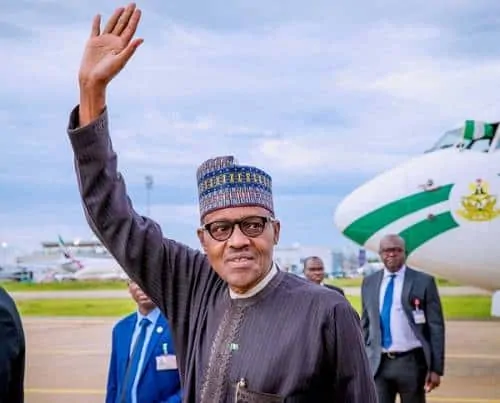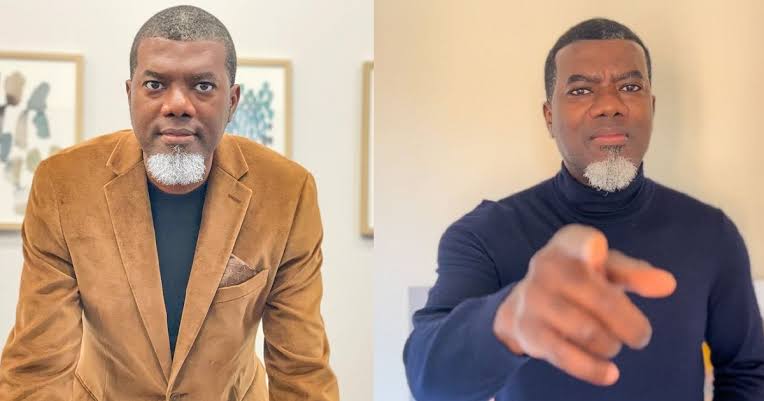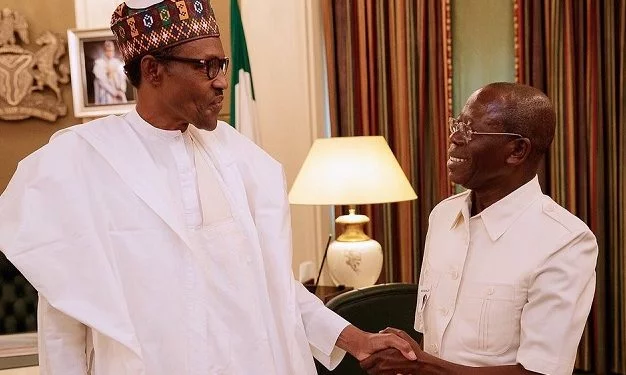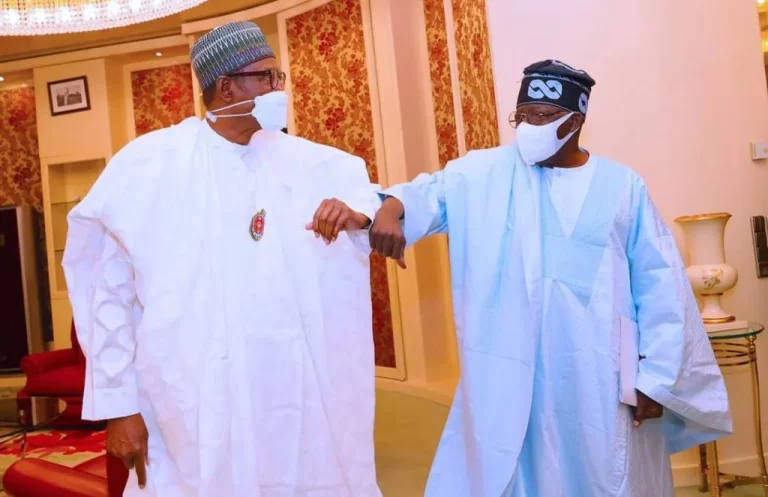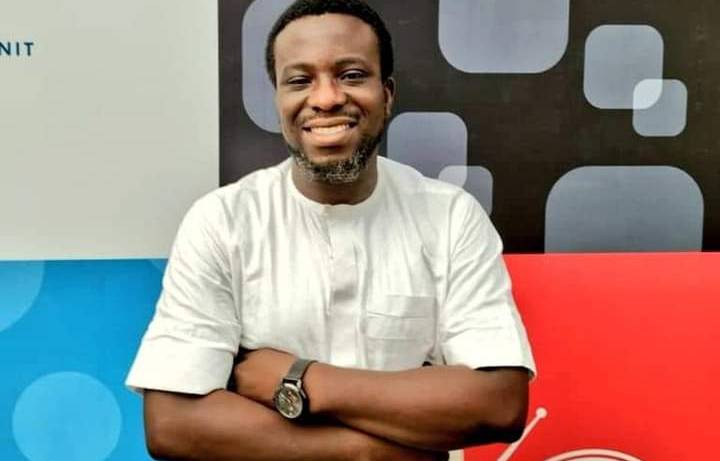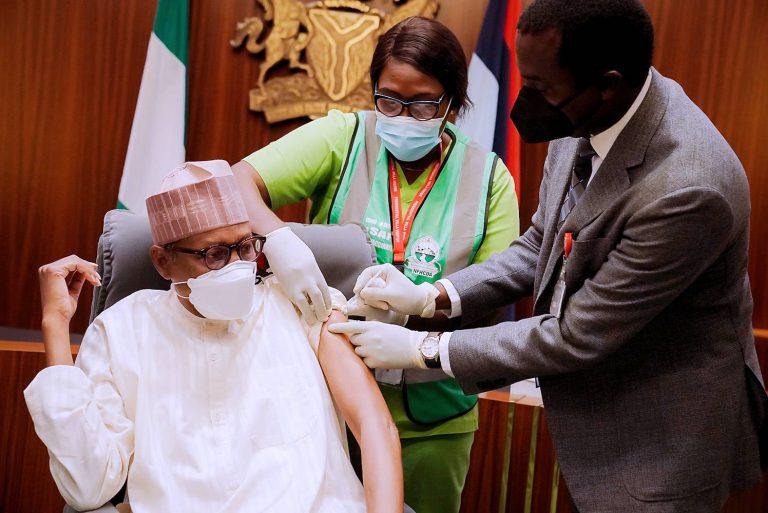Buhari: Not perfect, not loud, but true. The end of an era
By Abdulqadir M. Habeeb
In the long arc of Nigeria’s political history, few names have stirred as much admiration, scrutiny, and quiet awe as Muhammadu Buhari. Soldier. Statesman. Reformer. Enigma.
To his supporters, he was the incorruptible general: unyielding in discipline, austere in lifestyle, and obsessed with order. To his critics, he was too aloof, too rigid, too slow to bend with the times. But even his harshest detractors could not deny one truth: Muhammadu Buhari believed in Nigeria. Not just as a country, but as a project worth sacrificing for.
From the barracks to the ballot box, his journey was marked by resilience. He came to power twice: once by the gun in 1983, and later by the people’s will in 2015, becoming the first opposition candidate to defeat a sitting president. That second rise was more than political victory; it was a return to purpose.
In office, he carried himself with the gravity of a man aware that time was catching up with him. Not one for theatrics or populist flair, Buhari governed like a man who preferred deeds to noise. Yet in a noisy democracy, silence often invites suspicion. His style (spartan, silent, steady) felt out of place in a country clamoring for quick fixes.
He inherited a battered economy and a brutal insurgency. He presided over moments of hope and seasons of hardship. He made enemies. He disappointed allies. But he never stopped seeing Nigeria through the lens of duty. Even when the body grew frail, the mission endured.
Buhari the truthful. Buhari the sincere. Buhari the incorruptible. The infrastructure king. The leader of a new Nigeria.
He came with a quiet fire: more action than oration, more steel than silk. In an age where politics often rewards cunning over clarity, Muhammadu Buhari stood apart. He didn’t charm; he commanded. He didn’t flatter; he faced facts.
Truthful in speech. Sincere in intent. Incorruptible in bearing. Always with a disarming sense of humour, great deal of self effacement and childlike candour
Through hardship and pressure, he kept his hands clean. Not many can say that.
He was the father of Nigeria’s second infrastructure revolution: rails, roads, bridges, and a redefined blueprint for development that outlives headlines. His eyes were always fixed beyond the moment, often misunderstood in the now, but judged more kindly by time.
Yes, he was rigid. Yes, he was slow to shift. But in a nation gasping for honesty and restraint, he offered a different kind of leadership, unemotional, unyielding, and unbought.
When the curtain finally fell in 2023, it wasn’t with thunder, but with the quiet dignity he had long embodied. No victory lap. No defiant farewell. Just a quiet retreat to Daura, the same simplicity with which he came.
History does not always remember the loudest. Sometimes, it carves eternal memory from silence, from restraint, from the kind of steady hands that hold a nation when it trembles. Buhari stood in that quiet tradition. And if history were a long corridor, echoing with the footsteps of those who served with a sense of something beyond themselves, then perhaps he walked beside a few kindred souls.
There was something Washington-like in him, the soldier who became a reluctant statesman. Not intoxicated by power, not desperate for legacy. Just committed to the calling of order. Like Washington, he came, he served, and when it was time, he left. No grasping, no drama.
From afar, one might sense in him a shadow of Lee Kuan Yew. Not in polish, but in purpose. Not in methods, but in mindset. A belief that a broken place can be built again, brick by brick, rail by rail, if discipline sits at the foundation. If corruption is starved of oxygen. If leadership resists indulgence.
There were shades of de Gaulle in the way he carried himself, tall, stern, deliberate. A patriot unwilling to dance for the crowd, but always mindful of the state. Like de Gaulle, he seemed carved from an older kind of wood, the kind that bends slowly, if at all.
And sometimes, in the heavier moments of his rule, you could feel the Lincoln weight, that quiet, burdensome love for a divided land. Like Lincoln, he saw unity not as an easy slogan, but a responsibility. Something worth bearing. Something worth bleeding for.
He had none of Mandela’s lyrical touch, but perhaps something deeper in common, the refusal to be bought. The insistence on emerging from power with clean hands and an untroubled conscience. Both men walked away from the presidency as they entered it: poor in wealth, rich in discipline.
Buhari did not seek applause. He did not wrap his words in velvet. He stood straight. He faced the storm. And in the end, he joined the quiet company of men who believed that a nation’s soul must be steadied, not sold.
Tributes from a Nation and Beyond
Akinwumi Adesina, President of the African Development Bank, personally visited Buhari in April 2025, prostrating before him and saying: “He strongly stood by me in difficult times, which ensured my re-election. Thank you Sir.” In later statements, Adesina praised Buhari for supporting his career on merit, even after a change in political party.
Atiku Abubakar, former Vice-President, described Buhari as “a man whose life was defined by unflinching patriotism, stoic discipline, and a lifelong commitment to the sovereignty and unity of our great nation.” He lamented his passing as “a profound national tragedy.”
Peter Obi called his death “a solemn moment… for our nation as a whole,” commending the dignity of his leadership.
Mufti Menk, the globally respected Islamic scholar, said Buhari’s death “brought me to tears,” calling him “an upright man who never missed his prayers and a very disciplined believer… His name was synonymous with integrity.” He prayed: “May Allah Almighty forgive your shortcomings and grant you the highest ranks of Jannah.”
General Abdulsalami Abubakar, whose own leadership paved Nigeria’s return to democracy, spoke of Buhari as “a gentleman who was very quiet but exceptionally honest… You can trust Buhari with everything and he will not betray you.”
King Mohammed VI of Morocco, recalling Buhari’s leadership and warmth, personally reached out after his return from medical leave. He praised the national reception as evidence of “a leader widely loved by his people.”
Words from World Leaders
President Buhari was a pillar of integrity and patriotism. He taught us that leadership is not about showmanship, but stewardship. His legacy will endure in every institution he helped strengthen, and every Nigerian life he touched.
— Bola Ahmed Tinubu, President, Federal Republic of Nigeria
He was a friend to Ghana, and a stabilizing father-figure on the West African stage.
— Nana Akufo-Addo, Former President of Ghana
We disagreed on policy, but no one can deny Buhari’s honesty. He meant well for Nigeria.
— Olusegun Obasanjo, Former President of Nigeria
The essence of the man is encapsulated by most of the encomiums.
Straightforward. Honest. Sincere. Not a man of perfect results, but of consistent principle. He was never animated by public acclaim or elite approval. His compass was inner, not performative, not opportunistic, but grounded in a quiet sense of duty.
The Masses That Followed
Talakawa, the masses of this generation, queued and believed in politics because of this man. They braved sun and rain, holding on to a dream shaped by his unshakable persona. For many of them, politics became real because Buhari made it feel possible, honest, even.
Many believed he fell short. Others understood the nature of political leadership, and the unprecedented global economic downturn triggered by COVID-19 contributed heavily to his challenges. Yet, despite the turbulence, many Nigerians were quietly surprised by his consistency: how he kept salaries going, pensions paid, and ensured vital support reached businesses through loans and grants, initiated programs like N-Power and other social services that reached millions.
During the pandemic, Buhari established a ₦500 billion COVID-19 Crisis Intervention Fund, implemented a three-month loan moratorium for social investment programmes, and oversaw the Economic Sustainability Plan credited with helping Nigeria exit recession faster than expected.
As the legend, the myth, is laid to rest today, so is the hope of many generations of Nigerians who held firm to his truthfulness and everything he embodies.
Rest well, General. Rest well, maigaskiya. Rest in peace, Dogo ɗan Daura, mijin Aisha, baban su Zahra da Hannan.
May your final rest be as dignified as your silent leadership, a quiet salute to a soldier whose life was an ode to service.
So Long, Soldier. Now, your watch truly and finally ends!
‘Posterity shall vindicate the just’

